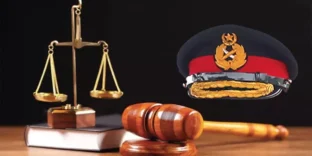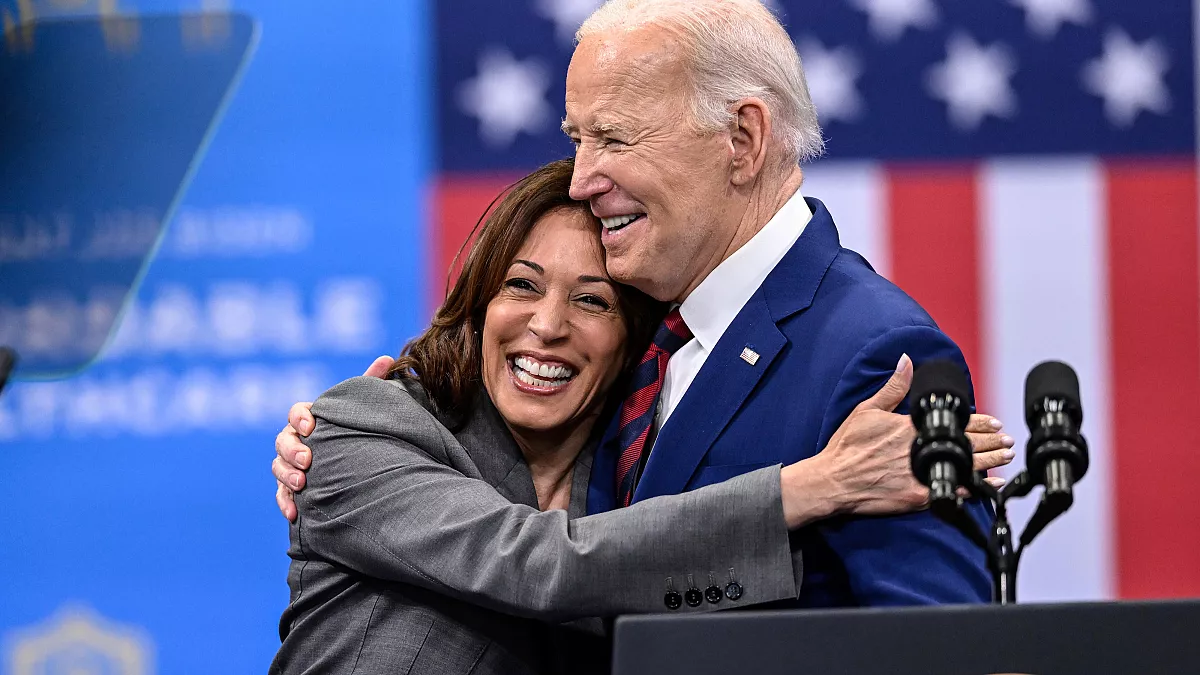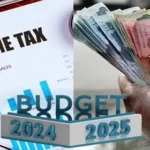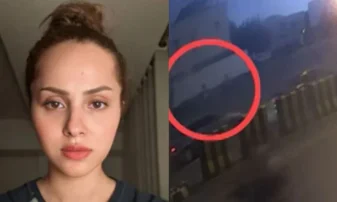(Web Desk Monitoring) — Expressing concern over current situation, Pakistan Muslim League-Nawaz (PML-N) President Nawaz Sharif stated on Saturday that the country, which had been achieving development goals and had freed itself from the International Monetary Fund (IMF), is now facing significant challenges when he was criticizing the decisions of previous rulers.
“Justice is offered to a man roaming in the street,” remarked Nawaz, who stepped down as prime minister in 2017 after the Supreme Court disqualified him for not declaring a receivable salary. He questioned the necessity of decisions that have increased the country’s sufferings, lamenting that the nation was successfully progressing towards development and prosperity before his ouster from power.
Nawaz made these statements while chairing a high-level session alongside Punjab Chief Minister Maryam Nawaz to review the CM Solar Panel Scheme 2024 in Lahore.
“Electricity bills have become a trouble for everyone, not only for poor people but for everyone,” he added. The PML-N president claimed that his government had “eliminated loadshedding and controlled electricity rates.” He also took credit for maintaining a low inflation rate and a stable currency, as well as “getting rid of the IMF” programme, but noted that all these positive efforts were undone after the regime change in 2018. “All of us know well who brought the IMF back to this country,” he stated.
Nawaz insisted that decision-makers must now think about and care for the people, urging the Prime Minister Shehbaz Sharif-led administration to “do everything to provide relief to the masses.”
During the same session, Punjab Secretary Energy Dr Naeem Rauf provided a detailed briefing on the programme, stating that a test run of the pilot project had started in different locations to observe the performance of the solar panel systems. He announced that the scheme would be launched on August 14 after the completion of the pilot project’s test run.
Dr Rauf explained that eligibility for acquiring solar panels would be determined through the applicants’ power bill reference numbers and computerised national identity cards (CNICs) submitted to 8800. He added that district administrations and power distribution companies (Discos) would verify the credentials of successful applicants. Specific bar and QR codes would be printed on solar panels and systems to prevent their sale in the markets.






























